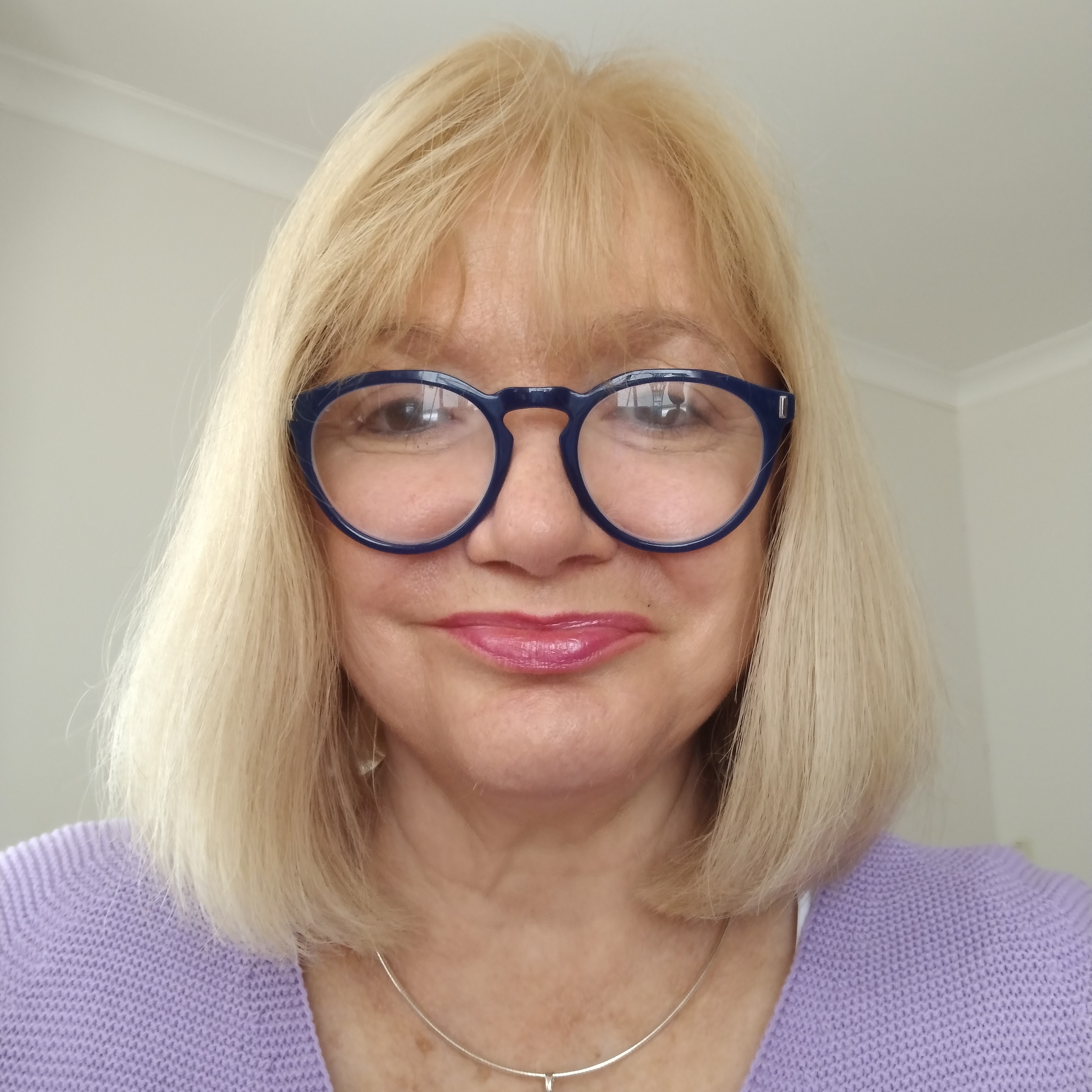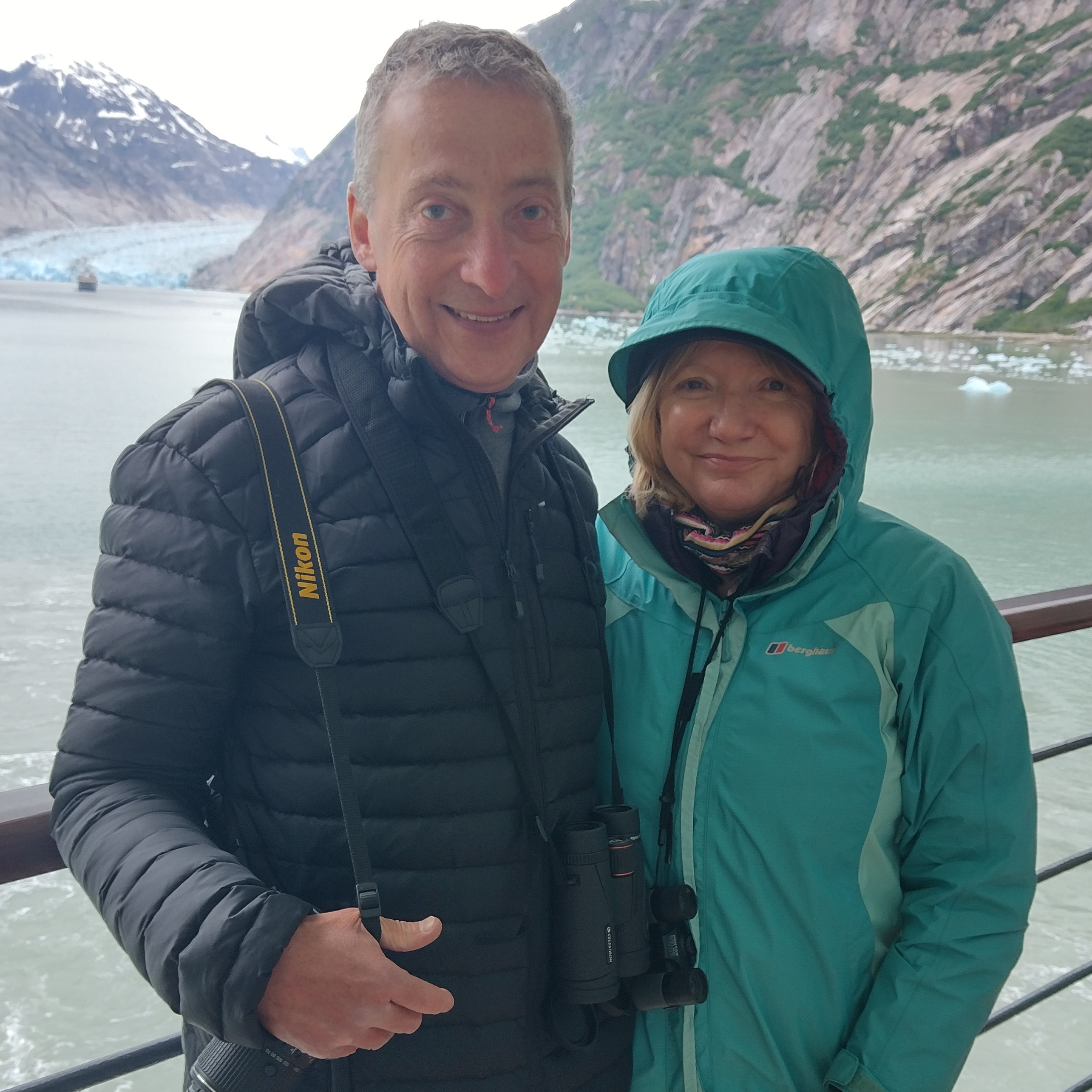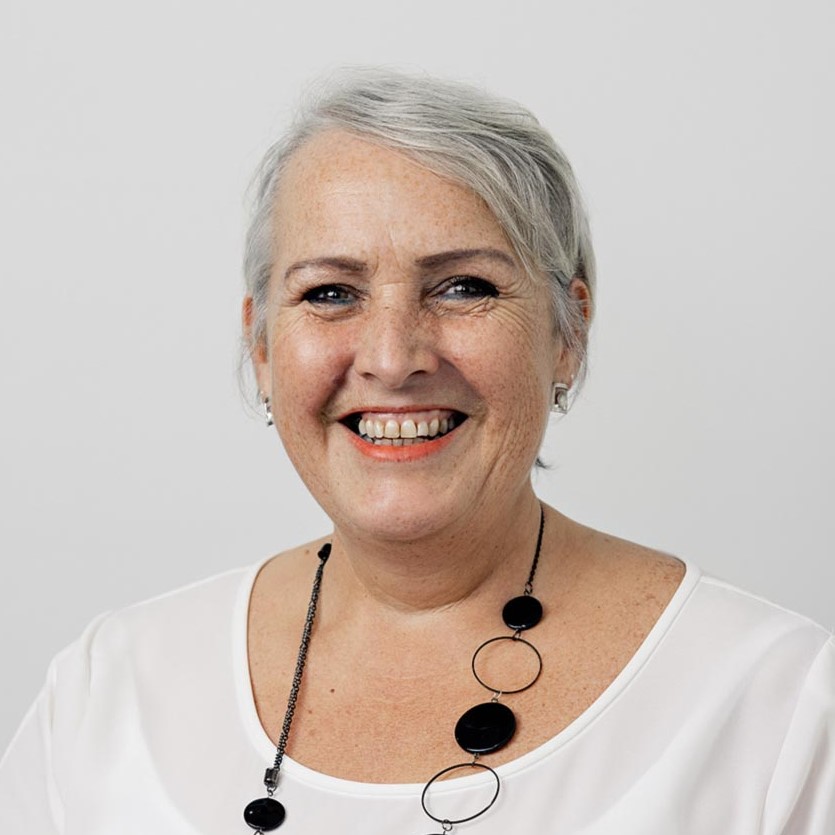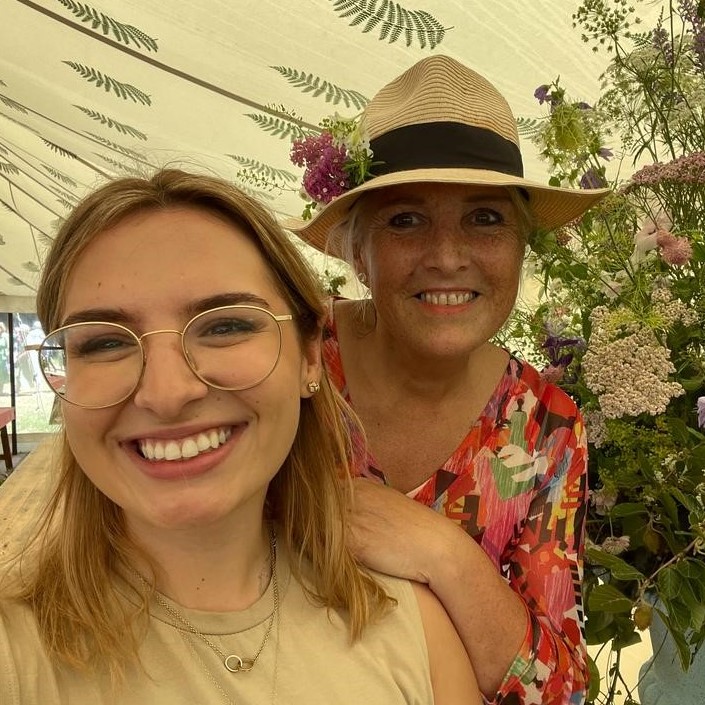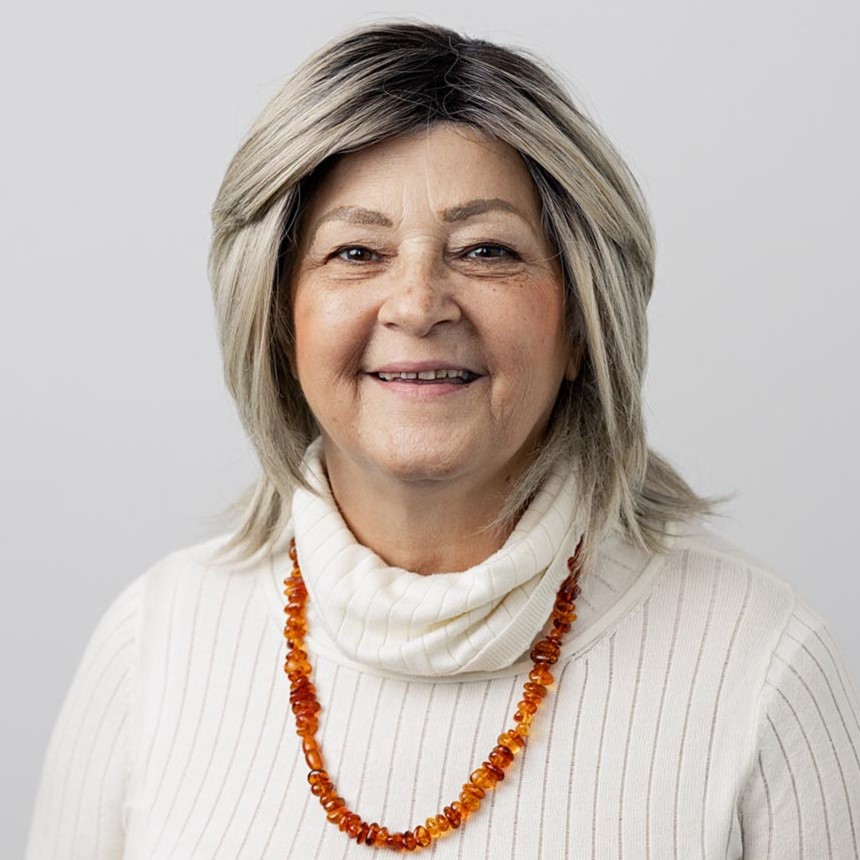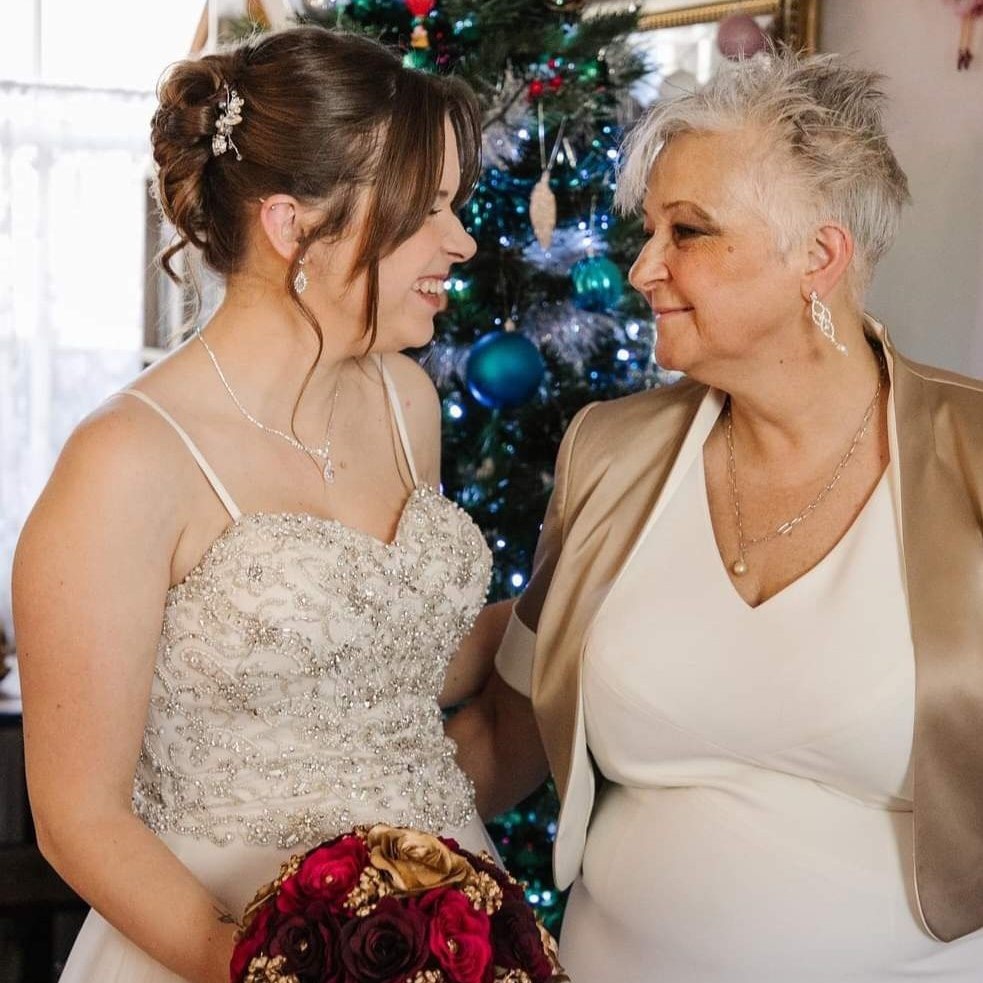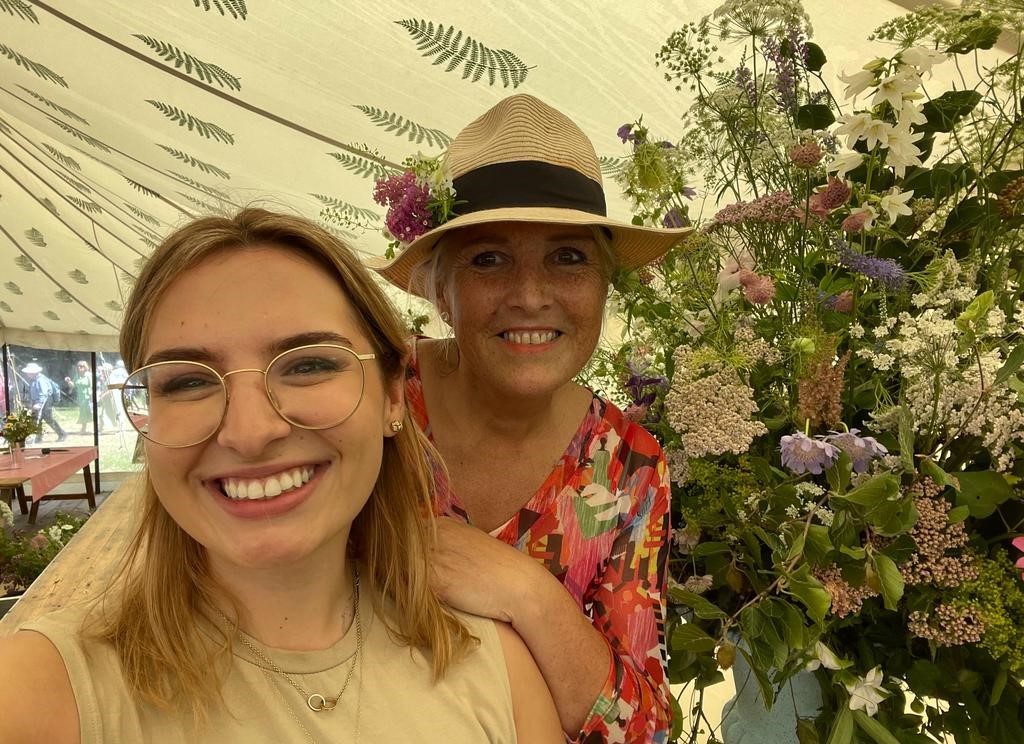
Shirley
My name is Shirley Berg. I am 65 years of age and was diagnosed with cancer just over three years ago when I was 62.
My cancer is stage 4b High Grade Serous Ovarian Cancer (HGSOC) and I was diagnosed in May 2020 after I was rushed into the A&E department of the John Radcliffe Hospital in Oxford with septicaemia. Unfortunately, emergency scans showed that the septicaemia had been caused by large undiagnosed tumours in my abdomen.
Prior to my admission, I had been seeing my GP with symptoms which he thought were most likely due to diverticulitis so I had no idea I had cancer. I was of course devastated by the unexpected diagnosis, it was made particularly distressing because it was at the height of the first wave of COVID and I was unable to have any visitors during my five day stay in hospital.
I also had to tell my family by phone that I had stage 4 incurable cancer. Those five days were certainly the darkest of my life.
Once I had recovered from the septicaemia, I then went on to have three rounds of chemotherapy followed by major surgery and then three more rounds of chemotherapy. Thankfully the treatment worked well and I went into remission.
However, as I was stage 4b at diagnosis the cancer was highly likely to recur and as genomic testing on my tumours had shown it had a somatic BRCA mutation I was fortunate enough to be offered PARP inhibitor maintenance therapy. PARP inhibitors have been shown in clinical trials to significantly delay recurrence in HGSOC, particularly in people with BRCA mutations and are a relatively new treatment offered by the NHS.
The PARP inhibitors kept my cancer at bay for two years, during which time I have spent amazing quality time with my family and friends including seeing my daughter qualify as a Paediatrician.
The cancer recurred in December 2022 and the standard next treatment step would have been more chemotherapy. However, my wonderful Oncologist was able to tell me about a clinical trial being offered in Oxford and other centres which she thought I would be eligible for. The trial was of a new drug which aims to restore PARP inhibitor sensitivity in patients who have become resistant.
I commenced on the trial in February this year, since then my tumours have shrunk by 50% and my most recent scan shows they are currently stable. The best thing is that I have experienced relatively few side effects and because the treatment consists of oral tablets, I have been able to do many things which wouldn’t have been possible if I had been on the chemotherapy.
I have been told I will be able to stay on the treatment for as long as it is working. The other great thing about being on the trial is that it means I still have other treatment options such as more chemotherapy left for when the cancer does start growing again.
Consequently, I feel I have benefited directly from drugs recently developed by cancer research, firstly PARP inhibitors and secondly from the clinical trial drug I am currently taking. As a patient with advanced cancer, who until recently had very few treatment options, I am extremely grateful.
Melanie
I’m happy to be approaching my 60th birthday with positivity and strength in abundance driven by my amazing family, close friends and our confidence in the oncology and research team.
The ultimate curveball was that the cancer had metastasised: there was a mass around my ovaries, a node on my pancreas and in several lymph nodes. My husband, Andrew and our girls, Sophie and Ellie were incredible – we had a playlist and before each appointment we’d dance around the kitchen firing up those positive endorphins!!
I feel fortunate in so many ways. I have had access to groundbreaking trials and studies, clear communication, frequent and thorough check-ups which means after debulking surgery, 24 cycles of chemo, Olaparib and Cediranib there is no evidence of disease!
I have had the best care, I am in awe of the professionalism, knowledge and skill of the surgical team, consultants, all the clinicians at every step of the way!
I am so thankful to the teams at Addenbrooke’s and the CRUK Cambridge Centre for enabling me to live, really live with a new awareness of gratitude for life and I will be forever grateful to them.
Margaret
My name’s Margaret Cerveno. In September 2020, when I was 64, I had vague abdominal symptoms and clinical tests deemed everything was normal. Three months later, I had significant groin pain and further tests at Addenbrooke’s Hospital led to the devastating diagnosis of ovarian cancer, with probable spread. This came about five years after having kidney cancer.
Through being part of the Ovarian Cancer Programme, I’ve seen the dedication of the research and medical teams who are extremely committed and hard-working in their attempts to make breakthroughs.
Battling on with chemotherapy – another treatment type I know Cancer Research UK scientists have pioneered – I continue to look and feel relatively well. This has enabled me to form a close relationship with my grandson, Theo, and I’m so glad he’ll likely remember our time together rather than blankly observing granny’s candle on the table, unable to relate to it.
It is with great sadness we announce that Margaret passed away on 27 March 2024.
Margaret was an active member of the Public and Patient Involvement Group for Ovarian Cancer for over three years, following her diagnosis of stage 3 ovarian cancer. Despite undergoing recurrence of her cancer and gruelling treatment, she generously shared her personal experience of ovarian cancer to support others and inform our research. In her role as a core member of the pioneering DEMO project, she was passionate about increasing the understanding and uptake of genetic testing in ovarian cancer patients, especially in Black, Asian and Minority Ethnic communities.
We are so grateful to Margaret for giving her time and energy selflessly to raise awareness of ovarian cancer research and the need to do more to help ovarian cancer patients in future.













